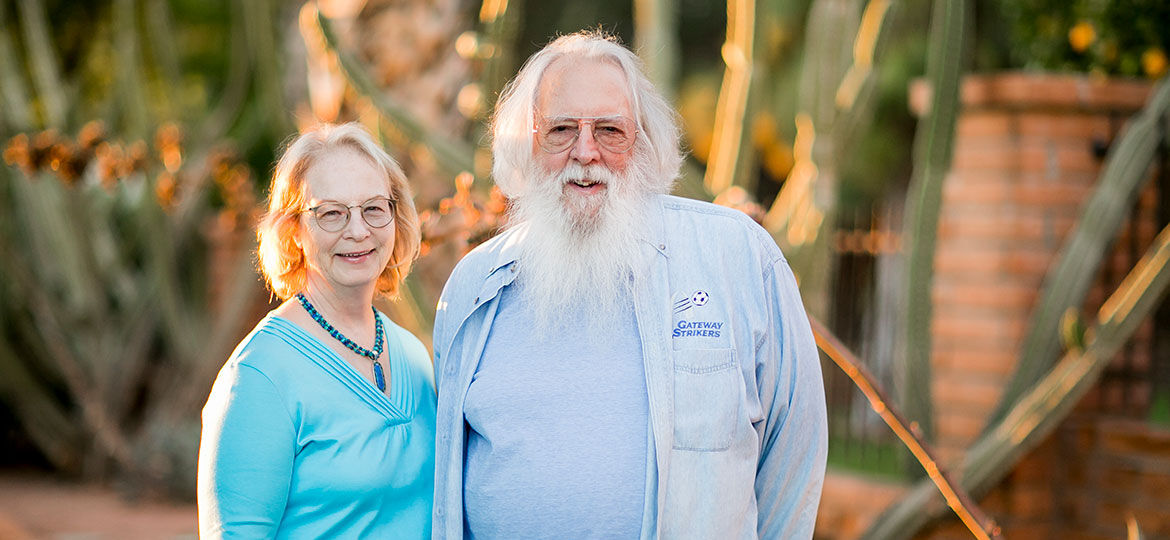
by Kate Dohner
Roy Curtiss III, PhD’62, probably didn’t imagine that his work cross-breeding chickens as a junior high school student in the 4-H club in the 1940s would lead to a lifelong career.
After completing undergraduate studies at Cornell University, Curtiss began studying bacteriophage viruses at Brookhaven National Laboratory and exchanging ideas during regular meetings with worldwide experts in phage genetics—five of whom went on to win the Nobel Prize. These sessions inspired Curtiss’ passion for genetics and the microbiological sciences, leading him to pursue graduate studies in microbiology at the University of Chicago.
While at UChicago, Curtiss worked with several researchers now recognized for their pioneering work, including Eugene Goldwasser, SB’43, PhD’50, who discovered the anemia drug erythropoietin, and James “Jim” Moulder, SB’41, PhD’44, who conducted groundbreaking research on infectious diseases.
“Jim taught me the importance of sharing ideas,” Curtiss said. “The scientific community only sees progress when we disseminate knowledge and work together in a collegial environment.”
His experience working with Moulder spurred Curtiss’ early research aimed at understanding the mechanisms by which microbial pathogens, bacteria and viruses cause disease. These investigations led to the co-discovery of the molecular genetic means by which Salmonella invades cells, along with the development of a weakened strain of E. coli, which was later used to perfect the technology for creating human insulin.
While at UChicago, Curtiss named the bacterial strains he identified “chi” strains, in recognition of the University. Today, there are more than 17,000 such strains.
In the late 1970s, Curtiss shifted his focus from basic research to vaccine development. He subsequently founded the company Megan Health to develop animal vaccines and has since created five licensed vaccines to control Salmonella and other pathogens in poultry and swine—work that has lessened the incidence of food-borne disease in the U.S. and saved many lives. In 2021, his company Curtiss Healthcare shipped 51 million doses of a new poultry vaccine in its first week of availability.
Over his 67-year career, Curtiss has advanced research at leading institutions across the country—from the University of Alabama at Birmingham to Washington University in St. Louis to Arizona State University to the University of Florida, where he is now a professor in the Department of Infectious Diseases and Immunology.
Today, Curtiss continues to push forward vaccine development as he works to create vaccines that control fertility in wildlife species and act as therapeutic agents to target and destroy tumors and cancer cells. Most recently, he and his team have begun developing bacterial strains to improve vaccines’ effectiveness in inducing long-term, protective immune responses.
Beyond his research prowess, Curtiss is committed to training the next generation.
“I’ve always had an open-door policy,” Curtiss said. “I could be talking to the president of the university, but if you have a question, you can come in and ask me. It’s wonderful to see the people who’ve come through my door go on to do amazing things all over the world.”
This story originally appeared in the spring 2022 Medicine on the Midway magazine

